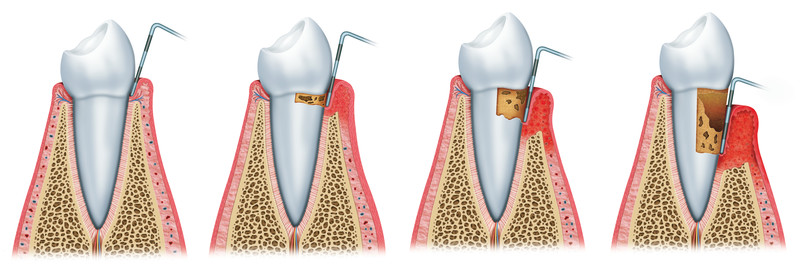Tooth extraction is an invasive treatment that can help you restore your oral health and smile. This is a beneficial treatment, but, like other treatments, there is a chance you could experience complications after the extraction. Some of those problems include:
-Dry socket: Dry socket occurs when a blood clot fails to form or when an already-formed blood clot breaks off too soon. This can happen when you drink through a straw. This problem can be very painful and should be treated with a medicated bandage as soon as possible. So, please contact our office if you experience this issue.
-Numb lips and chin: It’s typical to feel numb after oral surgery, especially because of the numbing agents used during the treatment. However, if the numbing lasts more than one or two days, a nerve might have been affected during the treatment. So, it’s best to contact our office and schedule an appointment.
-Infection: Infection is always a possibility after tooth extraction, as it is with any surgery. So, make sure to care for the surgical site as much as possible to prevent infection. If you see oozing at the surgical site, please contact our office and schedule an appointment.
It’s very important to follow post-op instructions on how to properly recover after tooth extraction. That way you can fully return to a top-notch oral health and smile. Do you have any questions? If so, please contact our team at Aspire Surgical when you have the chance. Our professional team will be happy to help you if you just call us!



